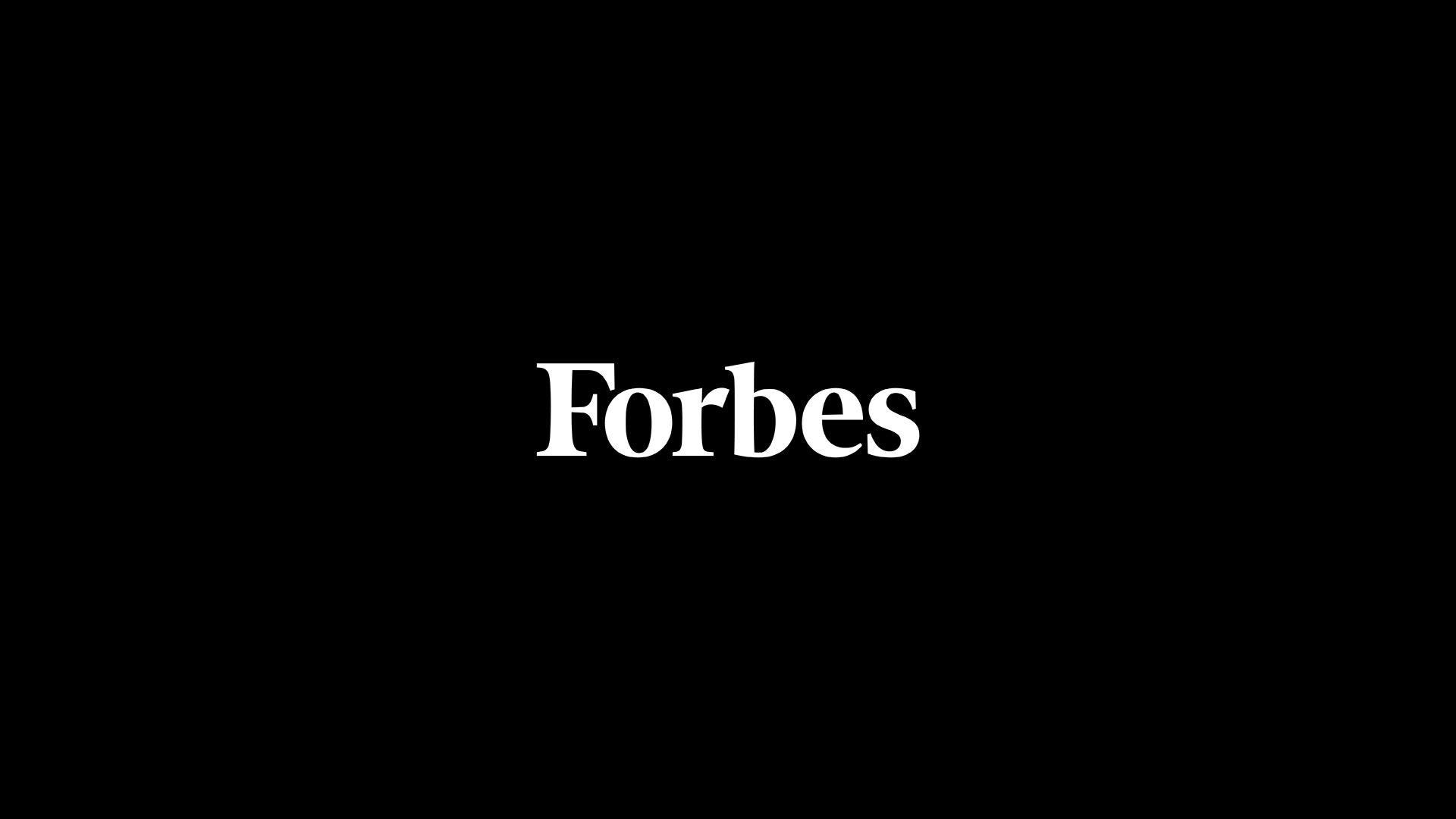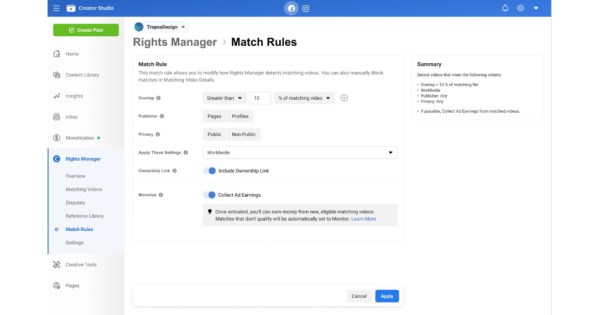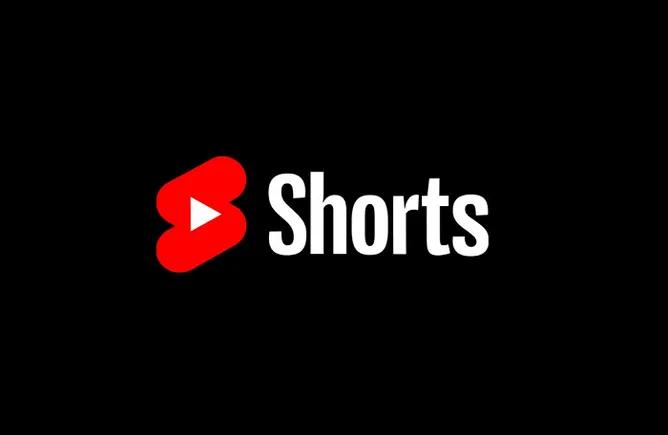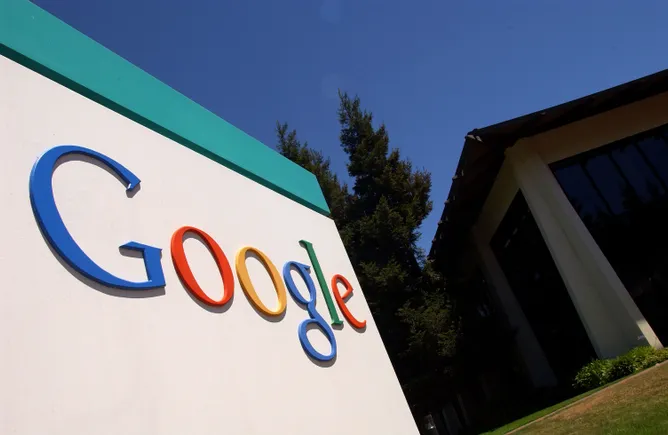The mother bird feeds its two young nestlings, and below comes the ‘Good Food, Good Life’ slogan. With a US $303 billion value, the leading health, nutrition, and wellness company– Nestle, stands out in the market with strong customer loyalty. It is the world’s 22nd most valuable company by market cap. The well-crafted and consistently implemented Nestle marketing strategy has helped the brand cater to the needs of its consumers and their families worldwide, helping them live healthier lifestyles. Learn the Nestle marketing strategy and carve a distinguished presence in the market.
Learnings From Nestle Marketing Strategies
Discover 10 important marketing tactics by exploring the Nestle marketing strategy.
1. Appeal to Every Consumer with Multiple Price Strategies
With an aim to be affordable for the masses, the Nestle marketing strategy incorporates multiple pricing tactics.
Nestle KitKat Sizes with Different Prices
If you go through any of Nestle’s products, say KitKat or Maggie, you will realize that they offer several packaging options. Thus, targeting different income groups, Nestle appeals to all. Its mini packs are loved by people living alone and those with a low income. Nestle’s statistics reveal that a chunk of its revenues comes from its beverages—particularly premium Nescafe.
Key Takeaway: Opt for a multiple-price strategy to capture a wider audience and be available for all. With set market prices, you generate high sales with low earning margins. However, with premium products, you get high returns, but the low sales risk stays attached. Strike a balance between value-based and competitive pricing strategies to stay afloat.
Become a Certified Digital Marketer TodayIMT Ghaziabad Digital Marketing ProgramExplore Course
2. Having a Multifarious Portfolio Lowers Risk
Thriving the tough competition is a challenge, especially in the FMCG industry. Nestle has been wisely using product diversification to survive with successful results.
Nestle Products
For instance, on the detection of a harmful ingredient, Maggie was banned in India. Nestle chose to go for a diversification spree; they revamped Maggie and added several more products to its portfolio. The company smartly introduces horizontal product diversification whenever it hits a wall.
Maggi Products
From coffee to milkshakes to other beverages, breakfast cereals, seasonings, infant foods, soups, chocolates, refrigerated foods, and pet foods, Nestle offers a wide range of products.
Key Takeaway: With a diverse portfolio, you can lower risks and enhance revenues.
3. Product Mix Strategy Attracts Cost-Conscious Prospects
Nestle benefits from its large product line by employing a product mix strategy. It often releases buy-one-get-one price promotions, special offers, discounts, deals, and giveaways.
Bundle deals are perfect for introducing a product or marketing unpopular items. The Nestle marketing strategy adopts bundle deals from time to time, often during festive seasons.
Key Takeaway: A product mix strategy allows you to increase the visibility of your low-growth products and make the premium ones appear affordable. It also helps you sell low-demand stock.
4. Set Consistent Goals
With a clear vision, Nestle has been able to create a special space for itself for over 150+ years. The company doesn’t deviate from its original mission– Good Food, Food Life. Back in the 19th century, when Henri Nestlé studied the rise in infant deaths, he introduced nutrition-boosting baby formula.
When women entered the workplace, Nestle launched instant meals. Even today, the brand targets everyday kitchen challenges and strives to improve the quality of life.
Key Takeaways: A strong commitment to goals gives you a competitive advantage in the market. Being consistent in your message while solving the grievances of the people can help you gain brand loyalty.
5. Try Product-Driven Advertising When You Have a Large Product Line
Although many brands prefer a customer-centric strategy, the Nestle marketing strategy is largely product-based as it has an extensive product line.
For instance, Nestle’s KitKat advertisements are not limited to any age group. The brand presents the product as a light snack and rarely uses demographics to personalize the advertisements.
Key Takeaways: Brands belonging to the FMCG industry must opt for product-driven advertising to increase the visibility of their diverse product line.
Become a Certified Marketing Expert in 8 MonthsWith Purdue Digital Marketing PG ProgramExplore Program
6. Localize Your Products
Nestle efficiently adapts its products to the local market. For instance, in Japan, the company markets coffee-flavored candies. Since Japan is traditionally a tea-drinking nation, Nestle introduced these candies so that kids could develop a taste for coffee. Later it introduced Nescafe and KitKat, and they were widely accepted. Today, Japan has 300+ KitKat flavors.
Nestle also localizes its products for Indians by introducing Maggi Atta Noodles, Maggi noodles without garlic and onion, and the Maggi Special Masala.
Nestle Localized Products
Key Takeaways: Localization is a crucial part of business strategy that ensures the satisfaction of a wider customer base.
7. Maintain Brand Equity With Consistent Brand Image
The more recognizable the name of a brand, the higher your brand value. Nestle has exceptionally strong brand equity as it focuses on its product quality and consistent brand image in its packaging.
The color red has been associated with KitKat for ages. Although the company once tried to change the color to blue in the 1990s, it didn’t work. They changed it to the classic red.
Key Takeaways: Brand equity helps you earn customer loyalty and creates your unique identity, giving you a competitive advantage.
8. Co-Branding Comes With Profit
Haven’t you come across Android KitKat and Nespresso Capsules? The Nestle marketing strategy also incorporates co-branding as and when needed.
Nestle collaborated with Google and launched an operating system named Android KitKat. The brand was facing a pet product scandal, and this move overshadowed the crisis.
Recently, Nestle joined hands with Starbucks and entered the new product development phase. Together they launched Starbucks Nespresso Capsules.
Key Takeaways: If your brand reaches a stagnant position, hunt for companies that complement your products and opt for co-branding promotions. It is an excellent strategy to broaden your reach.
9. Promote Sustainability To Create a Mark
The Nestle marketing strategy constitutes special efforts for sustainability and reducing its carbon footprint.
Recently, Nestle announced its aim to use food-grade recycled plastics. It also plans to invest over 700 million in Nescafe’s sustainable coffee production. It took the initiative to fight against deforestation.
Nestle Climate Change Efforts
Thus, consistent efforts have made Nestle a globally recognized sustainable brand. It was recognized by UN Global Compact for its efforts.
Key Takeaways: Sustainability imprints a positive impact on your brand. The efforts help you take on a fair share of ethical responsibility while subtly shifting environment-conscious people’s minds toward your brand.
10. Digital Marketing is a World of Success
Nestle posts quality content on each of its brands’ YouTube channels. It has informative ‘how-to’ videos, cooking tips, product insights, and more.
Its ‘Meri Maggi’ page gained up to 571,000 subscribers. The Nestle marketing strategy relies heavily on video content. It also has other established avenues for sharing information, such as the search engine optimized Nestle child nutrition website.
It serves as a comprehensive guide on nutrition for mothers. It also features a community aspect in addition to the expert advice section.
Nestle Child Nutrition Website Content
Nestle also employs consistent efforts on Instagram, Twitter, and Facebook. It runs campaigns and posts eye-catching images and videos while also benefiting from the influencer community.
Key Takeaways: Leverage the power of digital platforms for marketing your business. It is a great way to engage your customers and help them beyond selling products.









